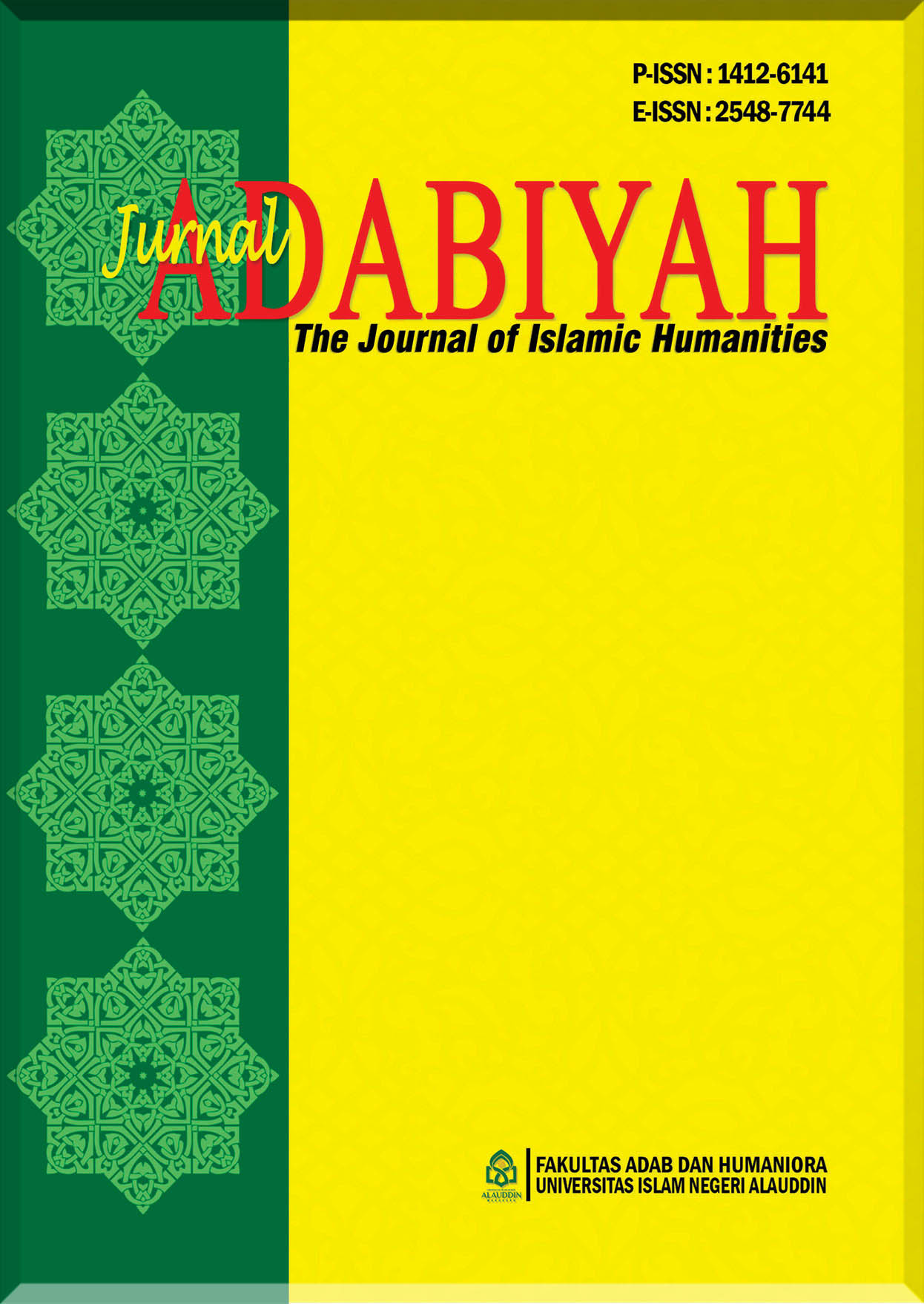Aplikasi Etika dalam Sejarah Politik Umat Islam
Abstract
The implementation of the values of Islamic politic ethics by the government in the early Islam contributed to the formation of civic societies. On the contrary, the governance which is not based on Islamic politic ethics will mire its people in misery. Islamic politic ethics is universal, which can be applied on all society without being influenced by place and time. Therefore, Islamic politic ethics are closely related to the basic human right and obligation as well as between state with citizen. The politics in its implementation is aimed at protecting and providing welfare its people, including non Moslem, beside it is also aimed at obeying the law of Allah. Government is in charge of teaching and forming good moral, attitude and behaviour to its society.Downloads
References
Hitti, Philip K., History of The Arabs, The Macmillan Press, Pltd, 1974.
Ibnu Khaldun, Tarikh lbnu Khaldun, Jilid I, Darul Fikr, Beirut, 1979.
Lapidus, Ira M., A History of Islamic Society, Cambridge University Press,
1991.
Al-Mawardi, al-Ahkamus Sultaniyah, Darul Fikr, Beirut.
___ Encyclopedia Americana, Vol. 6, 1977.
As-Siba'i, Mustafa, Sistem Masyarakat Islam, Pustaka al-Hidayah, 1987.
Downloads
Published
How to Cite
Issue
Section
License
COPYRIGHT AND LICENSE STATEMENT
COPYRIGHT
Jurnal Adabiyah is published under the terms of the Creative Commons Attribution license. Authors hold the copyright and retain publishing rights without restriction to their work. Users may read, download, copy, distribute, and print the work in any medium, provided the original work is properly cited.
LICENSE TO PUBLISH
1. License
The use of the article will be governed by the Creative Commons Attribution license as currently displayed on http://creativecommons.org/licenses/by/4.0.
2. Author’s Warranties
The author warrants that the article is original, written by stated author/s, has not been published before, contains no unlawful statements, does not infringe the rights of others, is subject to copyright that is vested exclusively in the author and free of any third party rights, and that any necessary written permissions to quote from other sources have been obtained by the author(s).
3. User Rights
Under the Creative Commons Attribution license, the users are free to download, reuse, reprint, modify, distribute and/or copy the content for any purpose, even commercially, as long as the original authors and source are cited. No permission is required from the authors or the publishers.
4. Co-Authorship
If the article was prepared jointly with other authors, the corresponding author warrants that he/she has been authorized by all co-authors, and agrees to inform his/her co-authors of the terms of this statement.
5. Miscellaneous
Jurnal Adabiyah may conform the article to a style of punctuation, spelling, capitalization, and usage that it deems appropriate. The author acknowledges that the article may be published so that it will be publicly accessible and such access will be free of charge for the readers.




